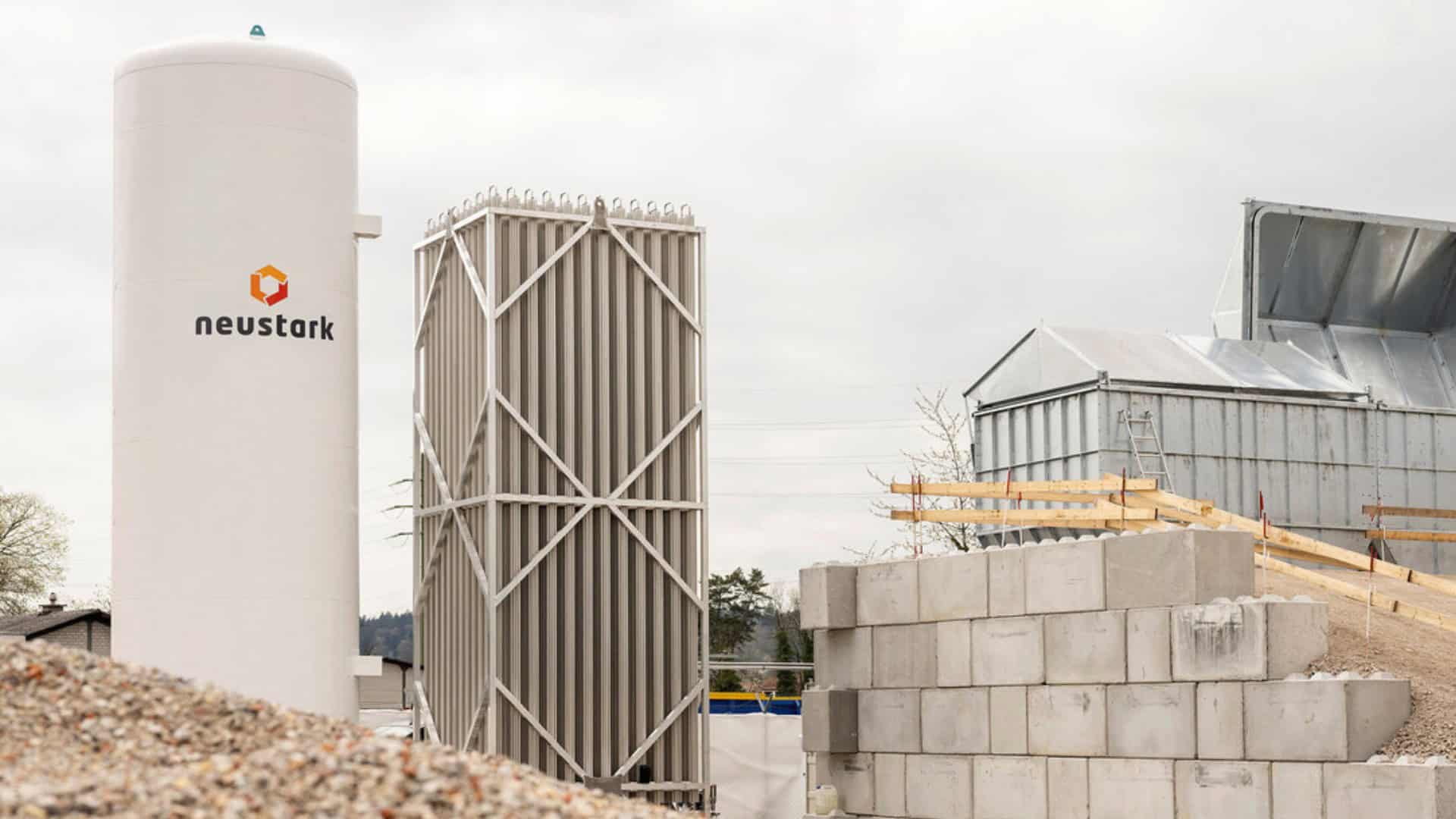Agnès Petit, CEO and founder of Mobbot, wants to change the ways the construction industry works. This is, to put it mildly, quite a challenge. But Agnès has found powerful allies who help her along the way. In this interview, two of them, investor Sylvie Mutschler and architect Birgitta Schock, explain why.

Chairwoman, Mutschler Ventures
Sylvie Mutschler is Chairwoman of Mutschler Ventures, an active early-stage investor belonging to her family office. She started investing in startups in 2007 and has made more than 40 investments since then. She has made several exits, including betreut.de, Auto1 and Ayden. Sylvie has a background in real estate development (large retail projects) and is a shareholder and board member of Bergos Berenberg, a Swiss Private Bank. She has various other advisory and administrative board mandates as well. Sylvie studied at the University of St. Gallen and Wharton School of Economics.

Co-Founder, schockguyan
Birgitta Schock is a committee member of the Swiss Society of Engineers and Architects (SIA), Switzerland’s leading professional association for construction, technology and environment specialists. She is Swiss Chairwoman of buildingSMART International, an international organization that aims to improve the exchange of information between software applications used in the construction industry. Birgitta is a founder of the architecture firm schockguyan and has worked on big infrastructure projects such as railways and airports in Switzerland and abroad.
When did you first learn about Mobbot and what caught your attention?
Sylvie: It was at an event of the Singularity Group when Agnès Petit, the founder, presented. What caught my eye is that she talked about the most “unsexy” topic you can imagine, namely concrete elements for civil engineering, with a distinct sparkle in her eyes. And she has very good knowledge of details because of her professional background. Cable chambers are something most people don’t even realize they exist. But if you have some experience in real estate, you understand the importance of what Agnès is talking about, how time-consuming the classical approach is. What Agnès was presenting struck me as truly disruptive. So I talked to her after the event and later visited her workshop in Fribourg, and seeing the robot in action creates a big “wow” effect. This led to my decision to invest in the company and support her, especially since there are not that many female founders around.
Birgitta: It was Johanna Bartlomé-Demkow who invited me to become part of the startup jury of Switzerland’s first Construction tech startup competition organized by Swiss Prop Tech and hosted by Swissbau. Of the 50 startups that applied, some had strengths in their product, others had good presentation skills, but in the case of Mobbot, which later became a finalist in this competition, there was a balanced combination of both. For me, it became clear quite rapidly that Mobbot is not just a startup that makes concrete products, but a tech firm that can do much more than just that.
What exactly?
Birgitta: Infrastructure is much more than just cable chambers, on which Mobbot focuses right now. There are many more prefabricated concrete elements used in construction. Being able to build them on the construction site, not only faster but with much better quality than before, this will be a game-changer. It will transform the whole supply chain. Cable chambers are a start, but the possibilities for digital production are immense. There are, for example, applications such as canals transporting material, think about industries like oil, paper or chemicals. Then there is the possibility of replacing concrete parts on-site, even in very harsh conditions such as cold or heat. The technology could be used for foundations as well as replacing prefabricated elements used above ground. Finally, there are possibilities to be explored to make the fabrication even more sustainable, the usage of recycled material for example or the possibility to replace armoring iron by fibers. Mobbot already has this on the radar.
Don’t you think that the actors in the construction sector will be reluctant to try out such new ideas and prefer the way they’ve always worked?
Sylvie: It is true that construction is an industry that is usually slow to adopt innovation. But this inertia is what you have to fight against if you want to disrupt an industry, and that’s exactly what Agnès has in mind and is already successfully managing with her team. Making Mobbot be seen in the traditional building industry is not easy. However, if an innovation like this needs to be embraced by the right people, the people at the top, and this is where an investor from the industry can make a difference, by helping to make some contacts and introductions. I see our role as an active investor by not only writing a check but also by promoting a startup in every way possible and in opening the right doors, without interfering into the daily business of Mobbot.
Birgitta: The biggest resistance will not come from the companies that manufacture concrete elements, for them, it is a way to differentiate themselves. It will come from distributors, which just ship these elements from one place to another and take a huge margin. They will not like it at all. I think an interesting approach is to talk to the end client, in this case, the telecom or railway company, for example. If they are convinced of Mobbot’s benefits, they can urge their suppliers to work with Mobbot instead of using pre-fab because it is faster and less expensive. Then, the contractors have no alternative but to adopt this.
And what are the arguments that will convince such big clients to rely on a startup?
Sylvie: Speed, flexibility, and efficiency, hence cost reduction.
Birgitta: Quality and safety. Mobbot’s concrete elements are already superior but they can improve continuously with the feedback gained from production data. The elements don’t need approval on the construction site. And in these times, the ability to decouple workers from the production process increases safety on the construction site. This argument alone would be good enough.
Written by
WITH US, YOU CANCO-INVEST IN DEEP TECH STARTUPS

Verve's investor network
With annual investments of EUR 60-70 mio, we belong to the top 10% most active startup investors in Europe. We therefore get you into competitive financing rounds alongside other world-class venture capital funds.
We empower you to build your individual portfolio.
More News
14.02.2025
Neustark permanently stores CO2 in concrete
neustark was founded in 2019 by Johannes Tiefenthaler and Valentin Gutknecht as an ETH Zurich spin-off. The two young entrepreneurs came together based on their shared vision of a solution for the utilization and storage of CO2.
17.03.2022
“Women need to be empowered to try startup investing”
As General Counsel, Odile Gastaldo was part of the core team that built up French telecom provider Neuf Cegetel from scratch to one of Europe’s biggest IPOs in 2006. She loves investing in startups and says women can overcome their self-doubt when it comes to investing.
11.02.2021
“With startups, you invest in a memorable experience”
Entrepreneur, investor, and mother of three, Vvivi Hu has been part of Verve Ventures’ community for a long time. In this interview, she talks about how a venture capitalist mindset helped her become a better investor.
Startups,Innovation andVenture Capital
Sign up to receive our weekly newsletter and learn about investing in technologies that are changing the world.




